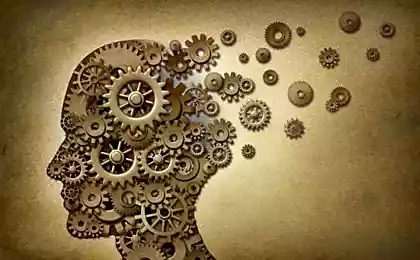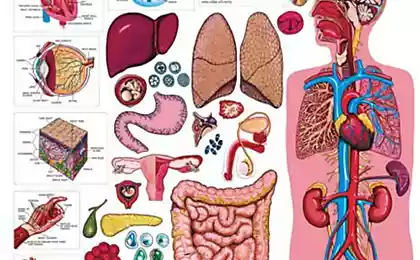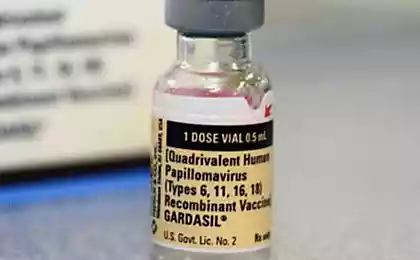188
Scientists have created a vaccine against Alzheimer's disease

The formation of symptoms of Alzheimer's disease can be prevented by conventional vaccination long before possible pathological manifestations. This conclusion was made by scientists from the Institute at Southampton, England.
At the moment, scientists have very accurately established that the vaccine can trigger the function of fighting plaques in the immune system that prevent normal work. The component part of the vaccine is a beta-amyloid protein found in the brain lobe of a sick person.
This product, according to the head of the research project, Professor James Nicholl, has a unique ability to eliminate harmful clusters in the brain.
Coffee against Alzheimer's disease Drinking five cups of coffee a day can eliminate the memory problems that accompany Alzheimer’s disease. To this result came a study conducted by scientists from the University of Florida.
Tests conducted on mice showed that caffeine reduced excessive protein production in the brain’s nerve cells, which is a sign of Alzheimer’s disease.
According to the researchers, the results of the studies are especially important because it is very difficult to resist the process of memory deterioration in patients with Alzheimer’s disease. In addition, caffeine is a safe and easily available medication that can be taken by most patients.
American researchers studied mice that developed symptoms of Alzheimer’s disease. The animals were about 18-19 months old, meaning their brain age was comparable to that of a 70-year-old man. During the memory tests, it turned out that mice that were given caffeine for two months did much better than those that did not receive caffeine.
However, scientists say that only further research will confirm or disprove the fact that caffeine improves memory in people with Alzheimer’s disease.
Alzheimer’s disease, which is a progressive degenerative disease of the central nervous system, usually occurs in old age. Symptoms include impaired memory and cognitive function, mood changes, and other disorders.
Source: globalscience.ru
Unspoken rules of friendship – the guarantee of strong and warm relations
Seasonal work in the garden - the first week of June























